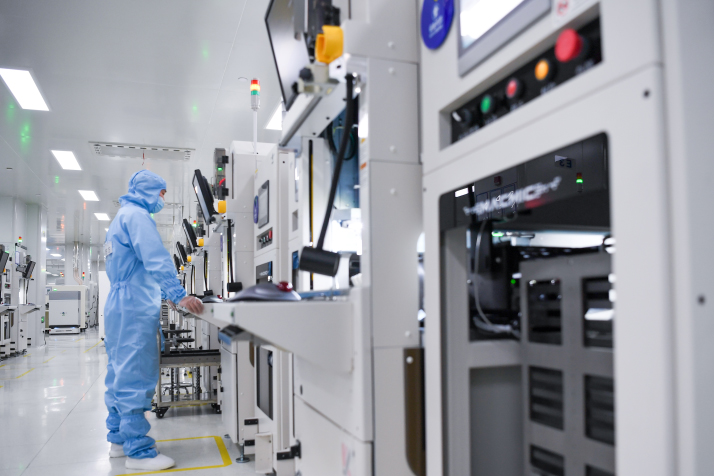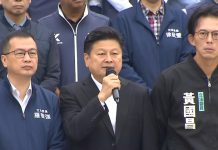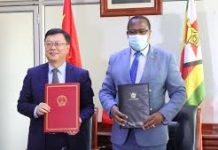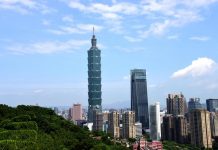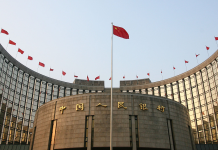BEIJING: The Taiwan Semiconductor Manufacturing Corp. (TSMC) on December 6 last year said it would triple its investment at its Arizona plant in the U.S. from $12 billion planned in May 2020 to $40 billion. On the same day, U.S. President Joe Biden visited the site and hailed the project, saying “American manufacturing is back, folks.”
Is it? Recent interviews with 11 TSMC employees conducted by The New York Times revealed how doubts are rising inside the world’s chipmaking leader—headquartered in China’s Taiwan region. Calvin Su, President of chemical supplier Chang Chun Arizona, told the newspaper on February 22 that the factory’s construction would cost 10 times than that in Taiwan due to “unfamiliarity with U.S. regulations and building permits, as well as an insufficient supply of production materials.”
Then there’s the aspect of cultural incompatibility. TSMC employees who trained their American counterparts said it took huge efforts to train them in the standardized practices and that they often complained they had to shoulder more responsibilities than their American peers as the latter would sometimes reject any new tasks assigned to them, according to The New York Times.
TSMC’s huge investment is a result of the CHIPS and Science Act signed into law by Biden in early August 2022, including $52.7 billion in subsidies to bring back U.S. semiconductor manufacturing and prevent advanced chip technology from going to China.
The U.S. Department of Commerce’s Bureau of Industry and Security (BIS) announced updated export restrictions on American advanced chip technology to China on October 7 last year in case the country develops its domestic chip industry.
Most recently, Biden managed to secure support from Japan and the Netherlands to further restrict advanced chip manufacturing equipment from being exported to China on January 27; no further details have been made public yet.
–The Daily Mail-Beijing Review news exchange item

